Sala10: Laureana Toledo
virtual exhibition
Not With a Bang
Few places in Mexico bear the weight of exoticism like the Isthmus of Tehuantepec; at the same time, few locations are so threatened by the new developmentalism. Toledo captures mirages in the garbage dumps of modernization, inspired by marginal photographs from the archive of Weetman Pearson, the contractor who designed the Trans-Isthmus Railroad for Porfirio Díaz.
These specters could have been recorded in 1910 or in 2060. Modernization doesn’t provide measurable progress, much less so in a straight line. Development is, in reality, a tracing of amnesiac circles.
Cuauhtémoc Medina
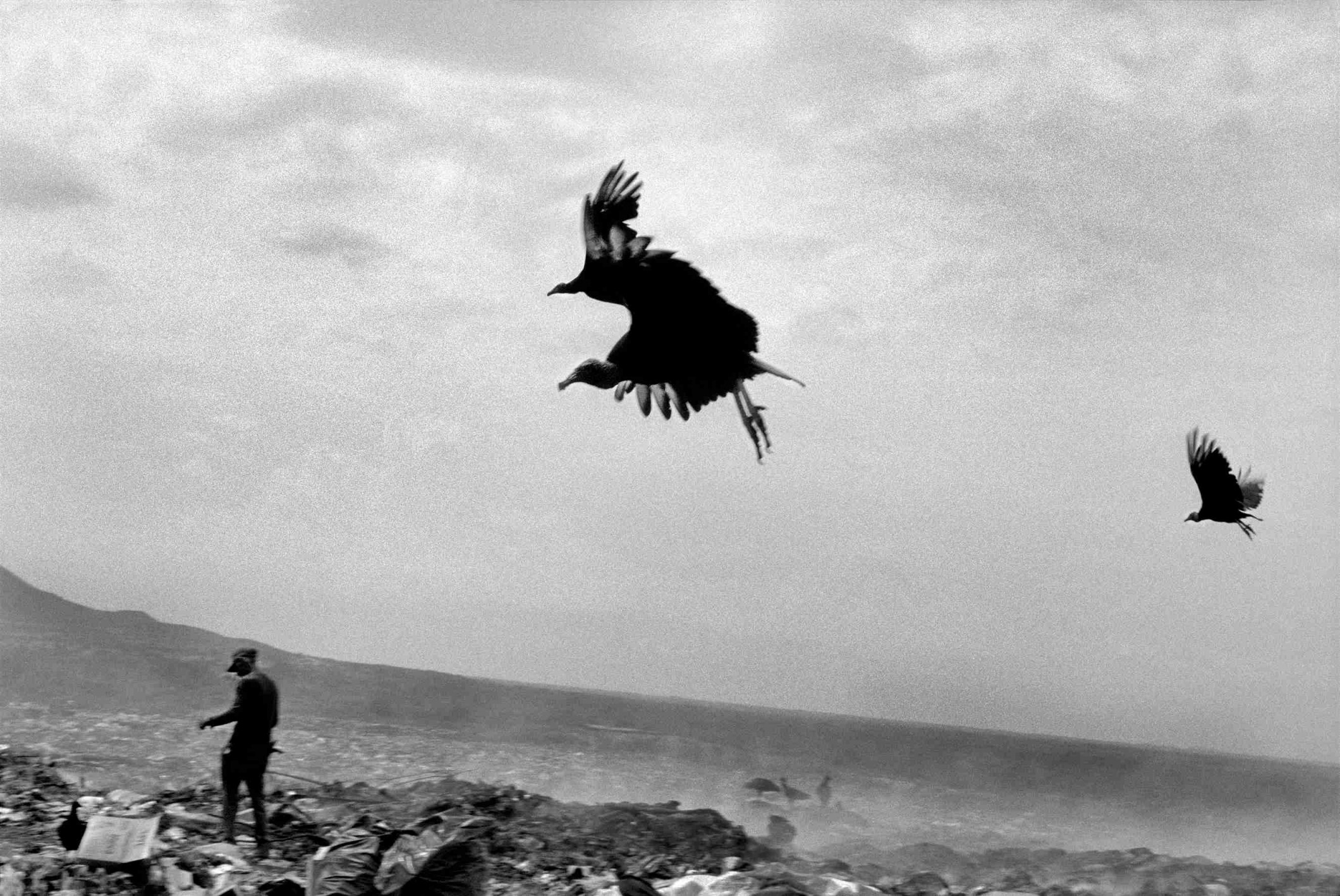
Mirages
Selection by Laureana Toledo
The world is a body common to all people; changes to it bring about changes in the souls of all people who are facing only a part.
Georg Christoph Lichtenberg, Philosophical Writings, Steven Tester (tr. and ed.), Albany, State University of New York Press, 2012, p. 35
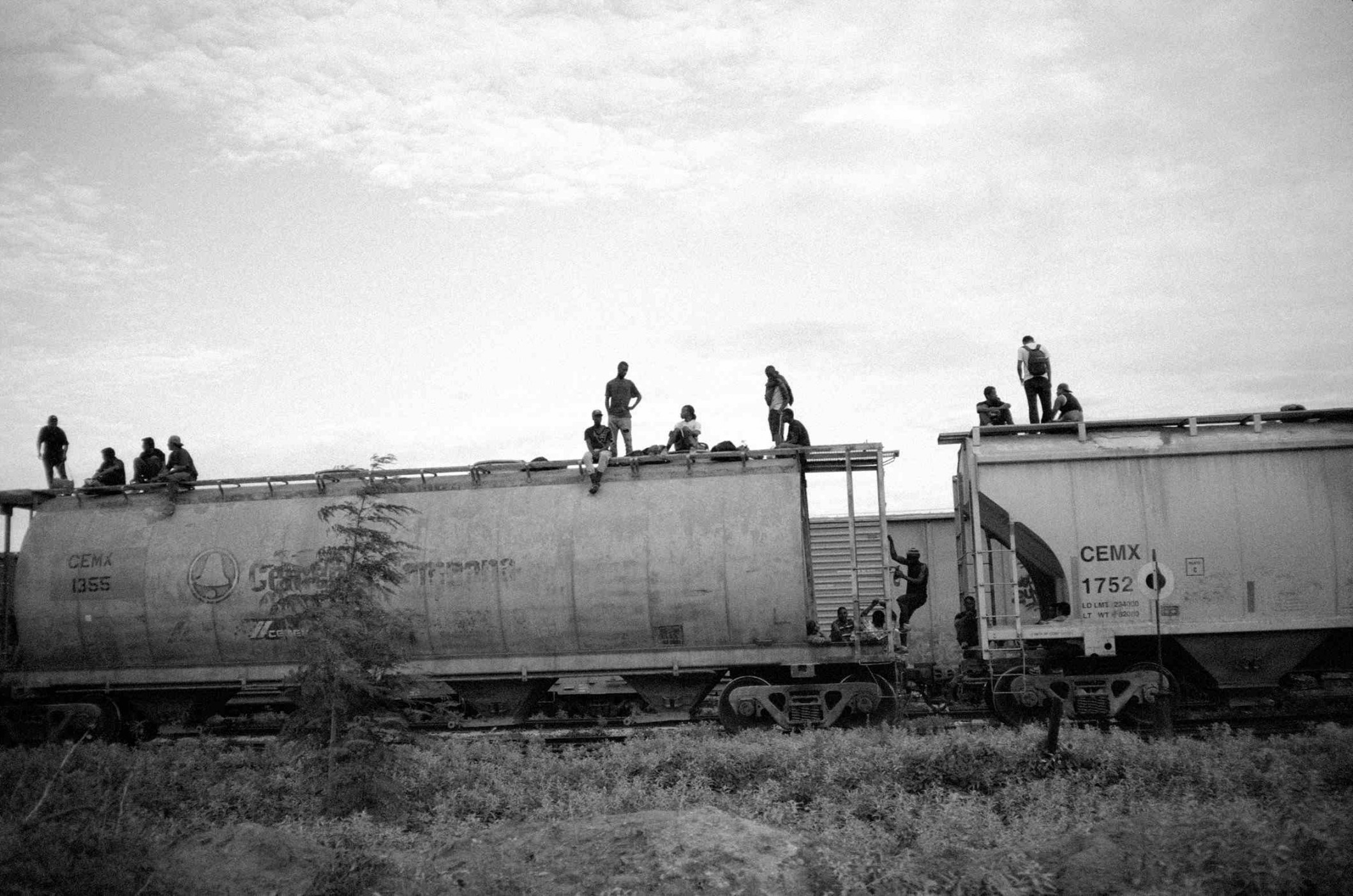
A friend came to see me in a dream. From far away. And I asked in the dream: “Did you come by photograph or by train?” All photographs are a form of transportation and an expression of absence.
John Berger and Jean Mohr, A Seventh Man (1975), London, Verso, 2010, p. 17
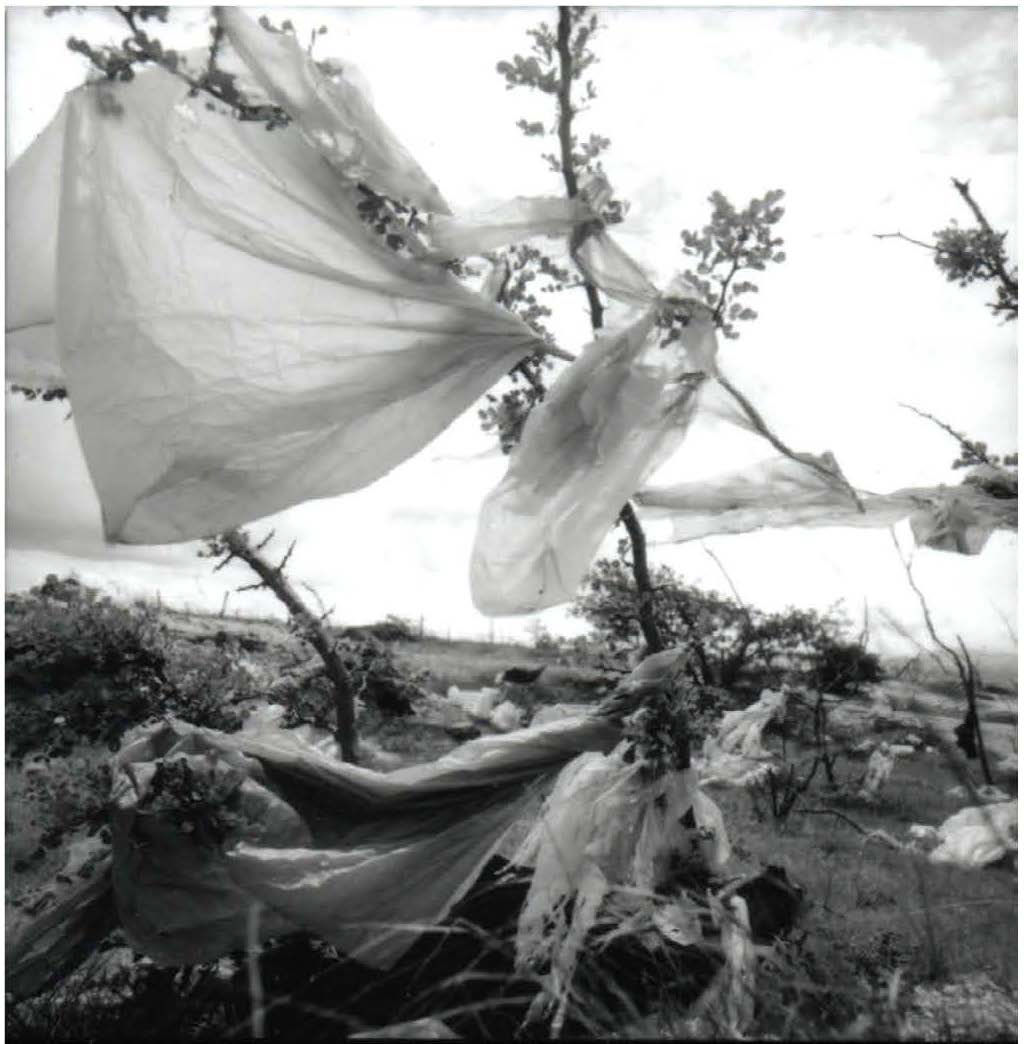
[…]
Among my delirious bones, it burns;
it burns in the hollow air,
an oven invisible and pure;
it burns like time burns,
like time walks among death,
with its same footsteps and breath;
it burns like the solitude that devours you,
it burns within you, ardor without flame,
solitude without image, thirst without lips.
To end it all,
oh dry world,
to end it all.
Octavio Paz, “Entre la piedra y la flor”, 1937, Julianna Neuhouser (tr.)
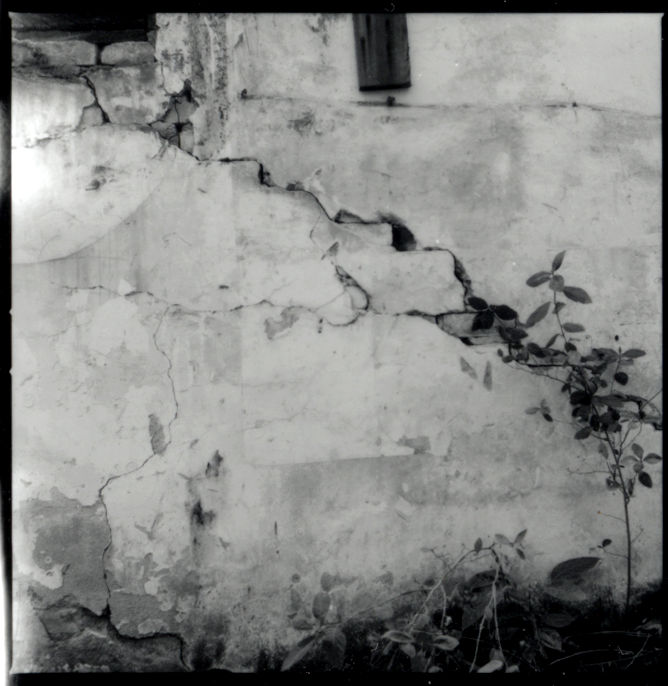
Peace was always our sister
until iniquity
shook the belly of the earth
because it wanted more
Our silent presence in a corner was not enough
Our muted pain did not appease
A thousand huddled demons
raised up their leaden bodies
to erase our memory
and then record
that we never existed on this earth
Irma Pineda, Naxiña’ rului’ladxe’/Rojo deseo, 2013, Julianna Neuhouser (tr.)
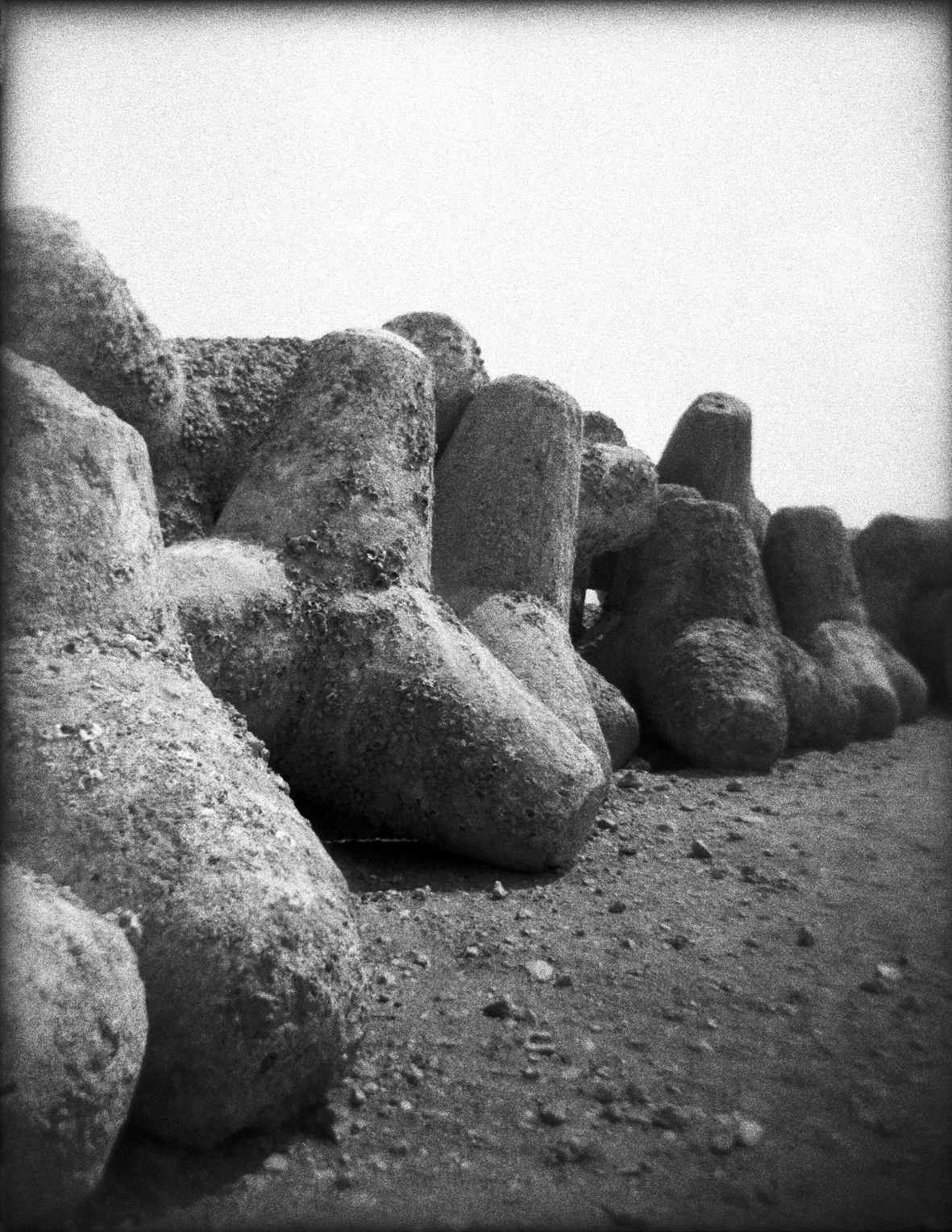
[...]
To go on
No. It’s enough
To go on weighted down with worlds countries cities
Crowds howling
Covered with climates hemispheres ideas memories
Among the spiderwebs of tombs and the conscious planets
To go on from pain to pain mystery to mystery
From stone pain to plant pain
For everything is pain
The pain of battle the fear of not being
Links of pain chain the earth to the sky the waters to the land
And worlds gallop in orbits of affliction
Thinking of deceit
The ambush waiting in every corner of space.
My feet hurt like stony rivers
[…]
Vicente Huidobro, Altazor, Eliot Weingberg (tr.), Saint Paul, Minnesota, Graywolf Press, 1988, pp. 29, 31
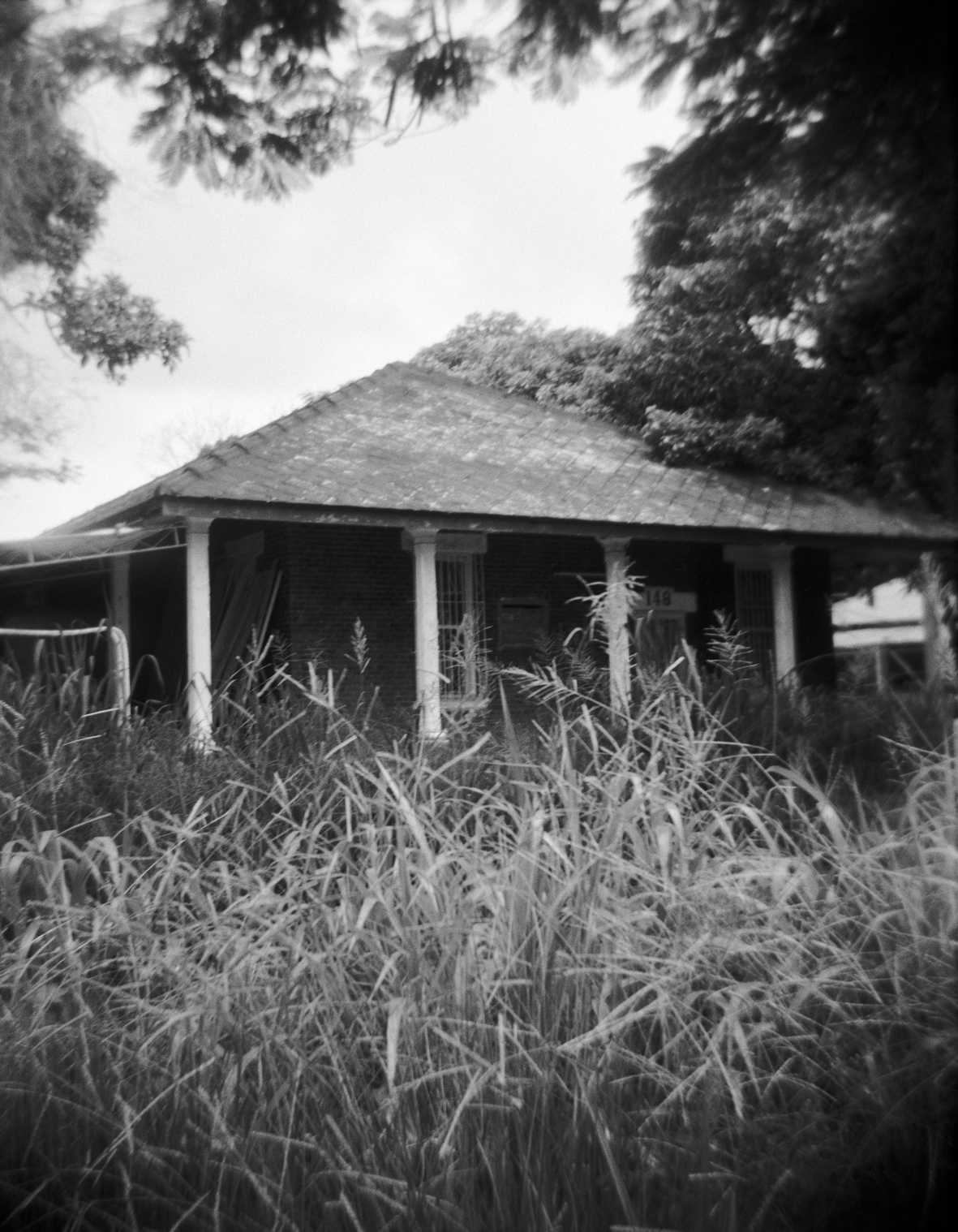
A sidewalk, a staircase, a landing, something
bridgelike reduced to scrap. For there’s a site no more
only remission, shivers, a huddled form that moves
that moans reluctantly. Come closer, bend over, pull back the blanket
look: Which of your blindnesses does not desist?
[…]
A broken window, an armchair, a lot that long ago
stopped being a country. A tree alit by aguardiente
fallen in this no-country. A shoulder,
a knee, a breast beating, a we
that is a belt whose holes are exhausted
and only tightens where there’s nobody
[…]
Luis Cortés Bargalló, “Caído no/molido [Fallen Not/Beaten]”, La lámpara hacia abajo, 2016, Julianna Neuhouser (tr.)
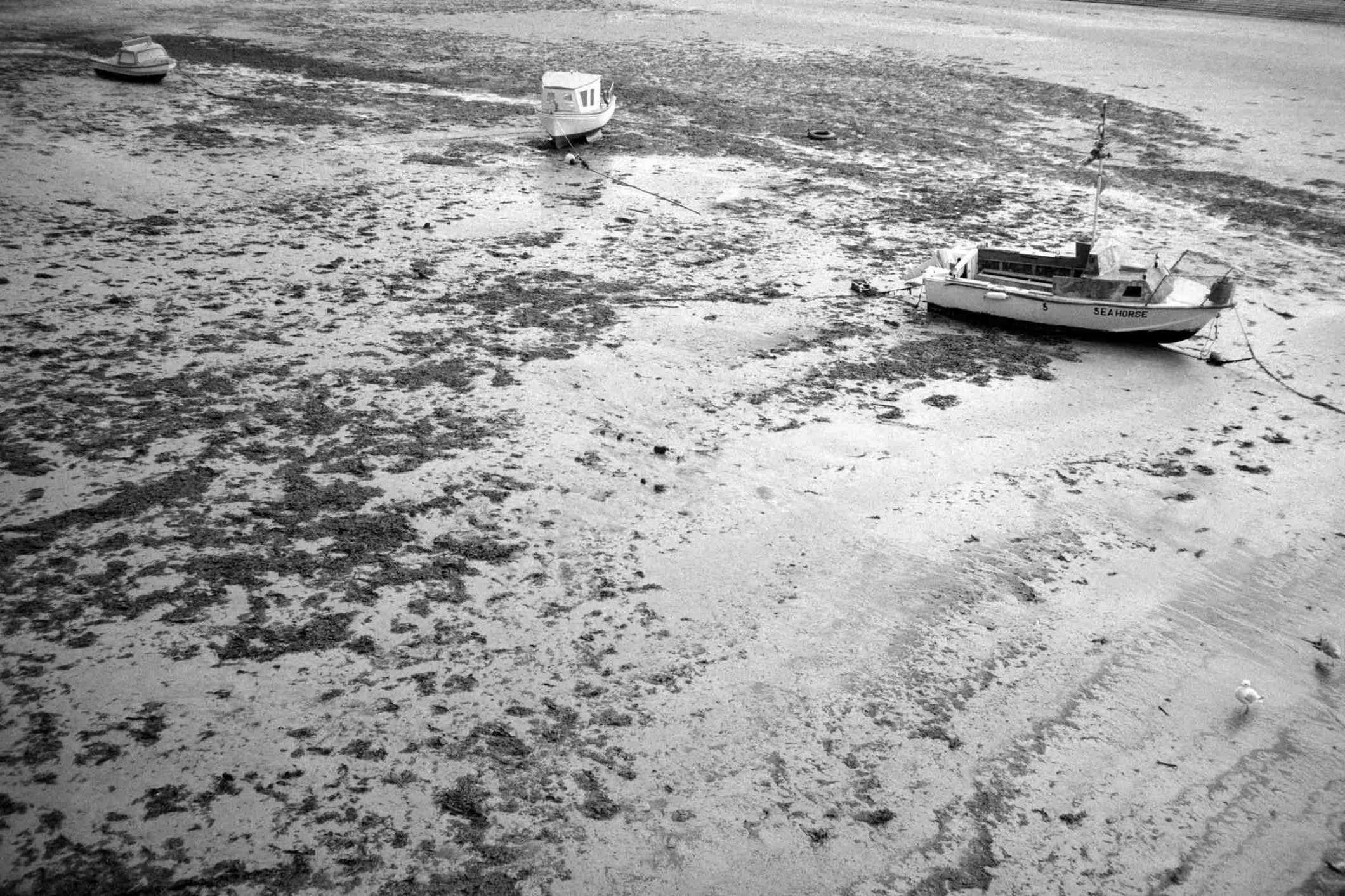
[...]
Because these wings are no longer wings to fly
But merely vans to beat the air
The air which is now thoroughly small and dry
Smaller and dryer than the will
Teach us to care and not to care
Teach us to sit still
[…]
T. S. Eliot, “Ash Wednesday” (1930), Collected Poems 1909-1962, New York, Brace & World Inc, 1963, p. 86
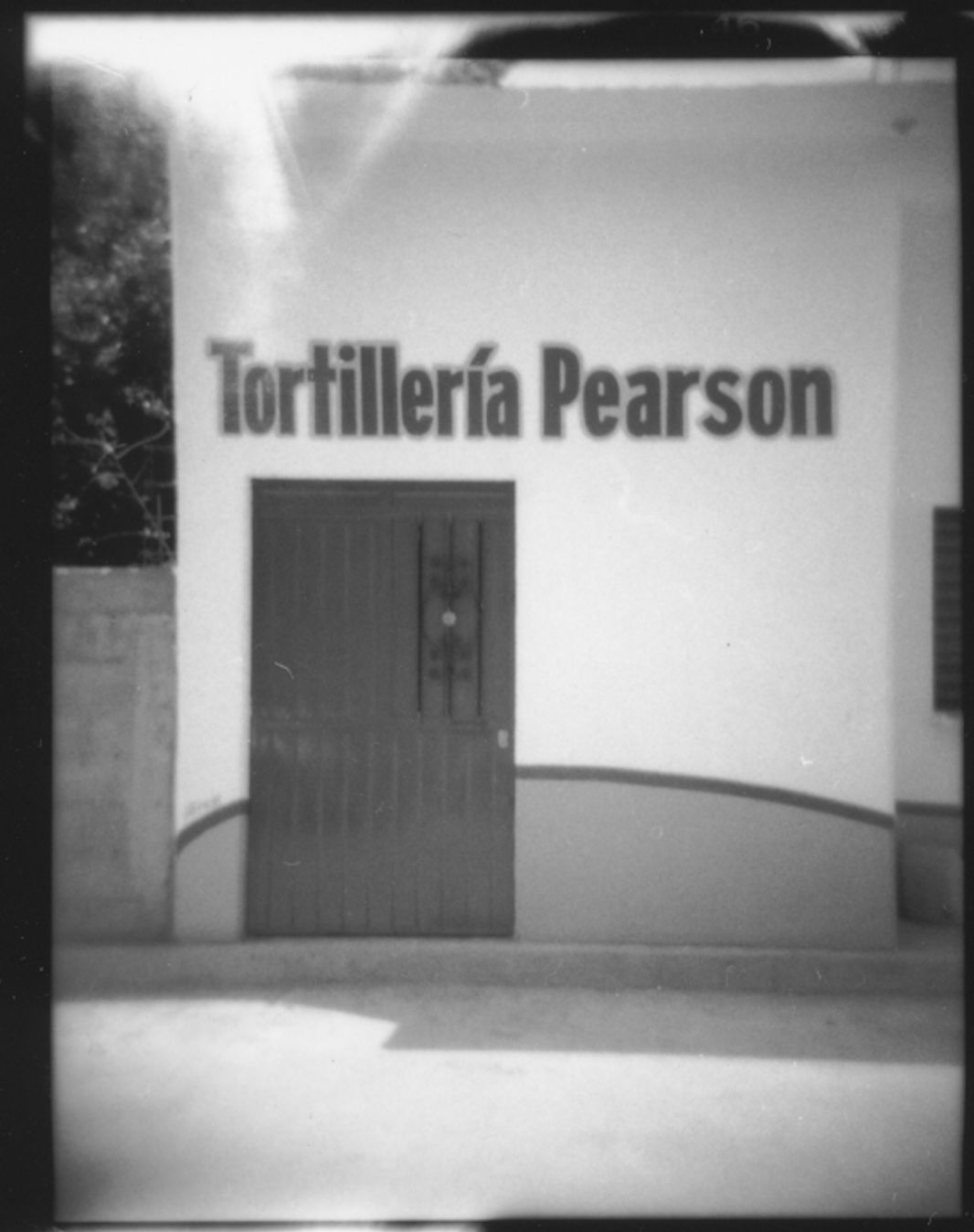
pity this busy monster, manunkind,
not. Progress is a comfortable disease:
your victim (death and life safely beyond)
plays with the bigness of his littleness
— electrons deify one razorblade
into a mountainrange; lenses extend
unwish through curving wherewhen till unwish
returns on its unself.
[…]
e. e. cummings, “1 x 1” (1944), Complete Poems 1904-1962, New York, Liveright Publishing Co, 1991, p. 554
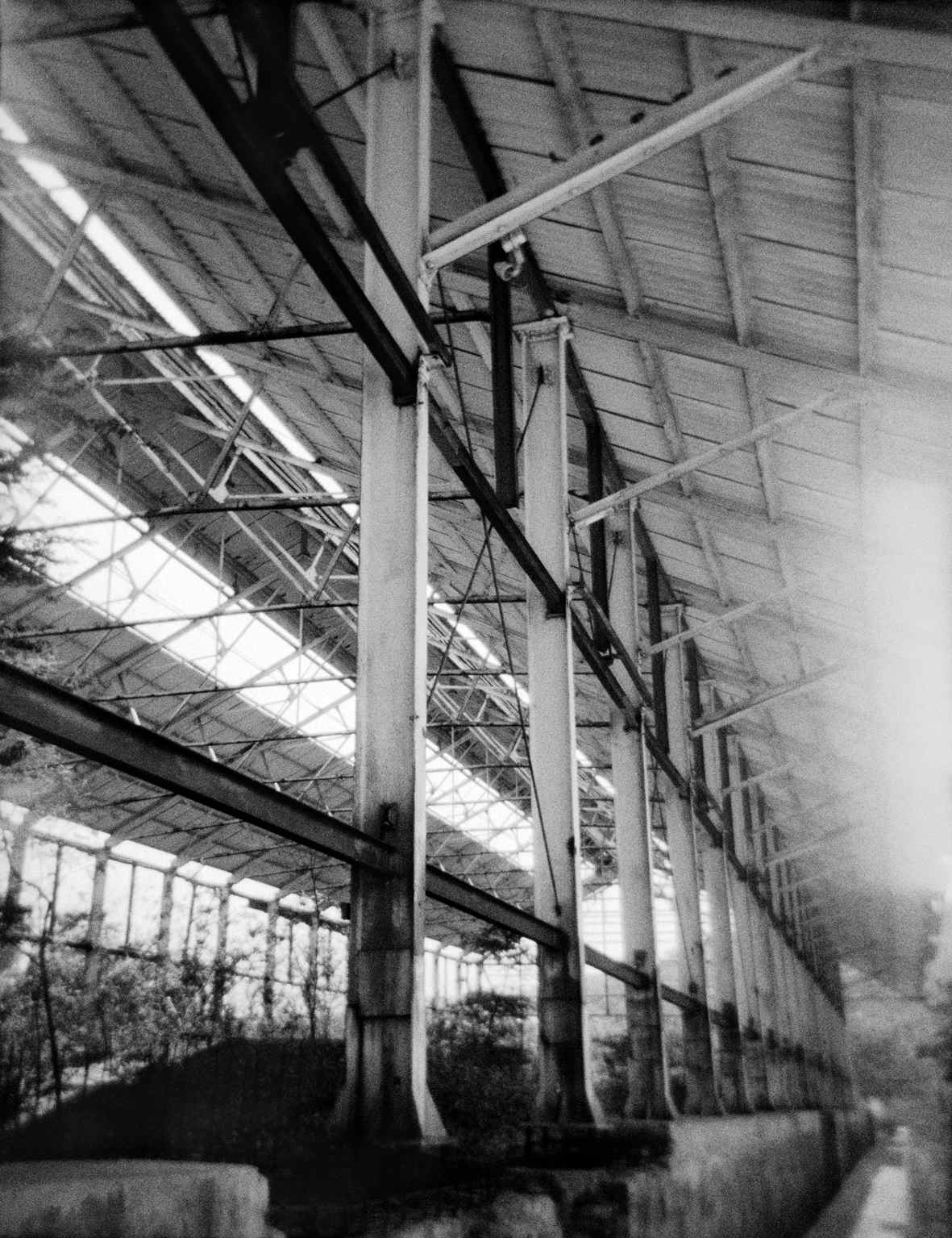
Isn’t happiness what really matters? Is it not for happiness that one fights for the revolution? The peasant or sub-proletarian condition was once able to express, in those persons who lived it, a certain “real” happiness. Today, this happiness—with the coming of Development—has been lost. This means that Development is by no means revolutionary, not even when it is brings reform. It only generates anxiety. Today there are adults my age who are so aberrant as to think that the (almost tragic) seriousness with which our contemporary bakers hand us their package wrapped in plastic, with their long hair and moustaches, is better than the “silly” joy of the past. They think that to prefer seriousness to laughter is a virile way to face life. In fact, they are happy vampires, happy to see their innocent victims transformed into vampires, too […]
Pier Paolo Pasolini, Corsair Writings
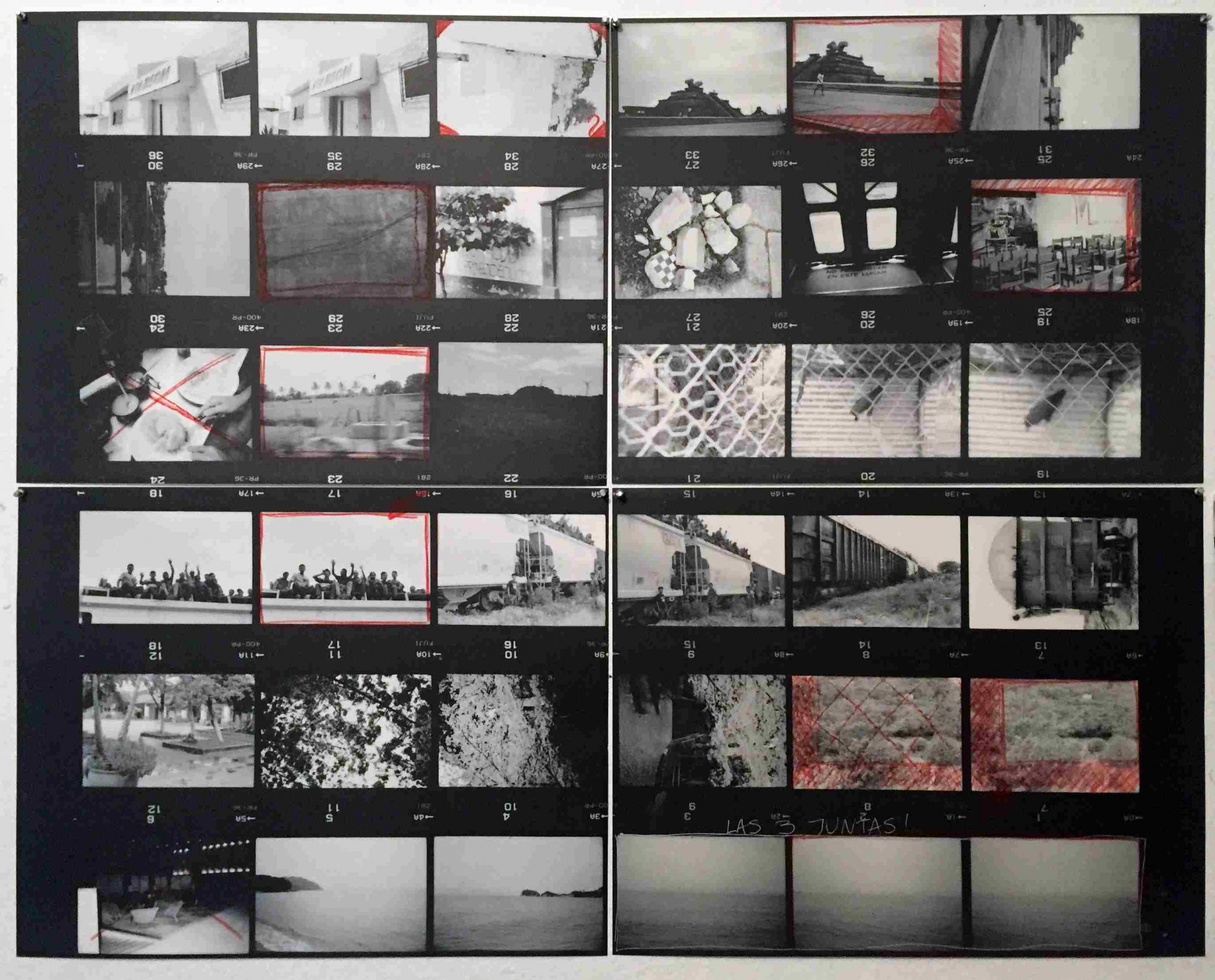
Should the image of progress in humanity remind one of a giant who, after sleeping from time immemorial, slowly stirs himself awake and then storms forath and tramples everything that gets in his way, nonetheless his unwiedly awakening is the sole potential for attaining political maturity [...]
Theodor Adorno, “Progress”, Critical models. Interventions and Catchwords, Henry W. Pickford (tr.), New York, Columbia University Press, 1998, p. 150
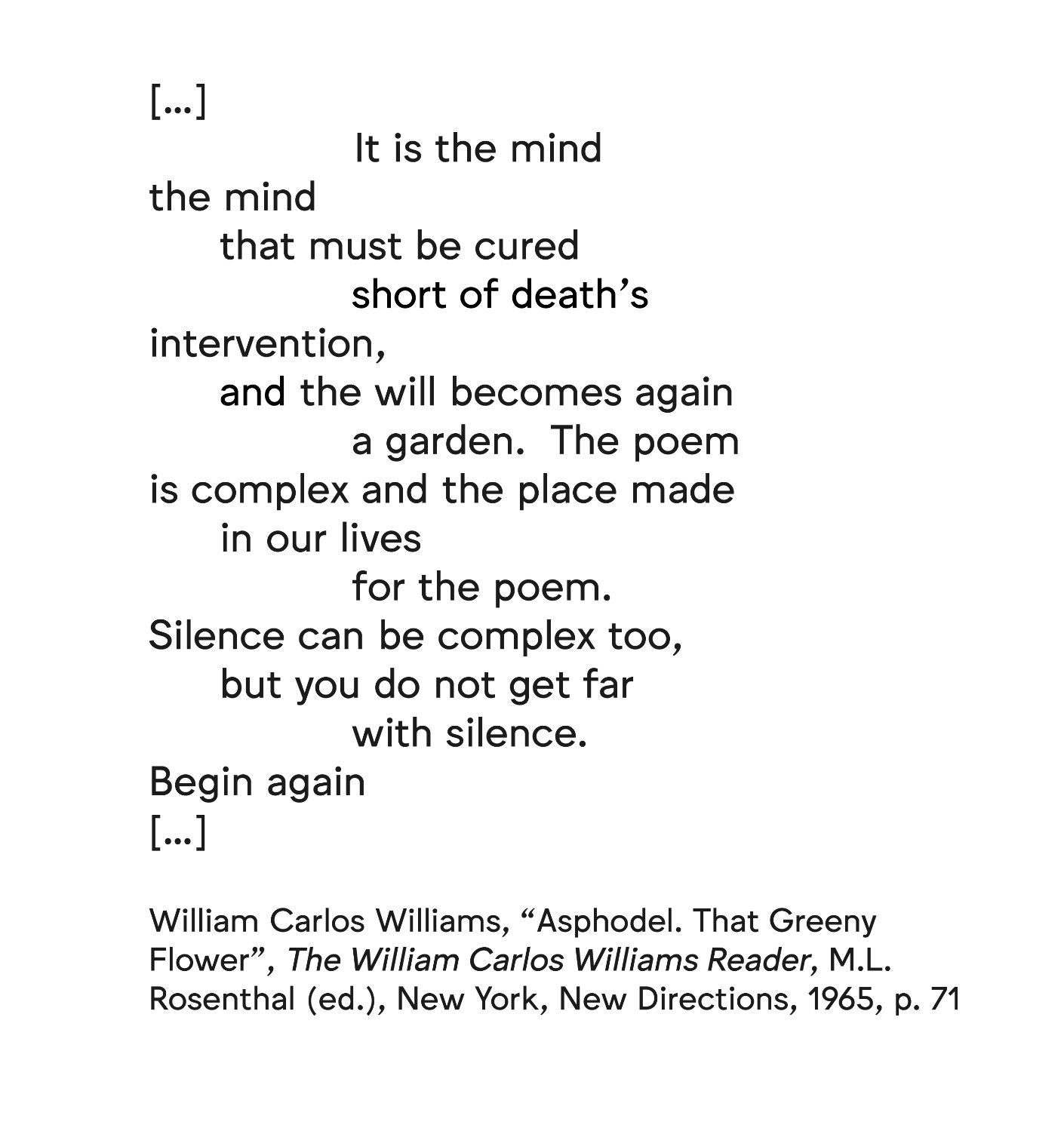
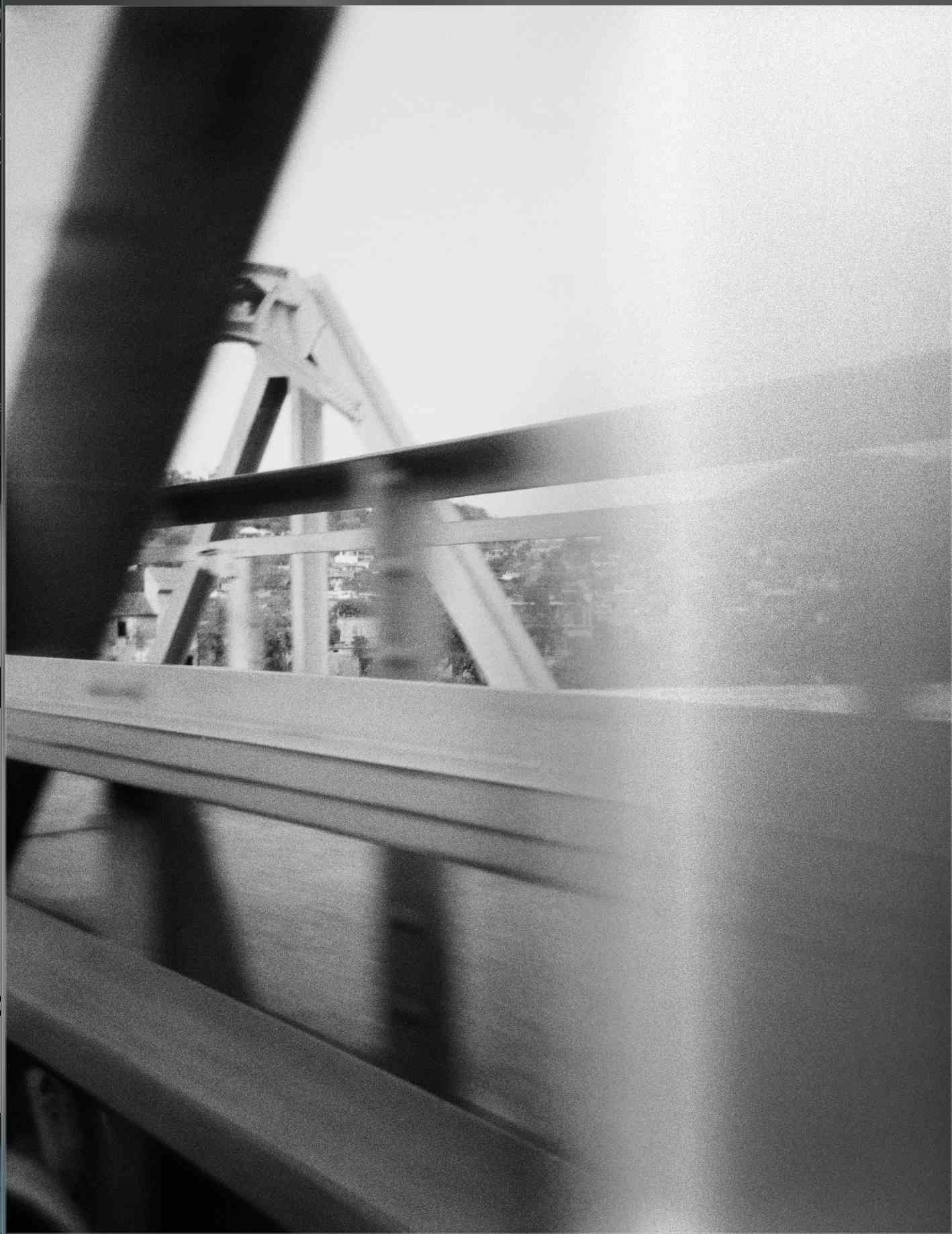
“Returning to a House That Wasn’t My House Either”:
A Conversation with Laureana Toledo and Cuauhtémoc Medina
Cuauhtémoc Medina (CM): We could say that the 2005-2007 creation of that temporary and fictitious or improvised band known as The Limit set you on your path of exploring the margins of rock and its shift towards an unexpected direction. [...]
COMPLETE TEXT HERE
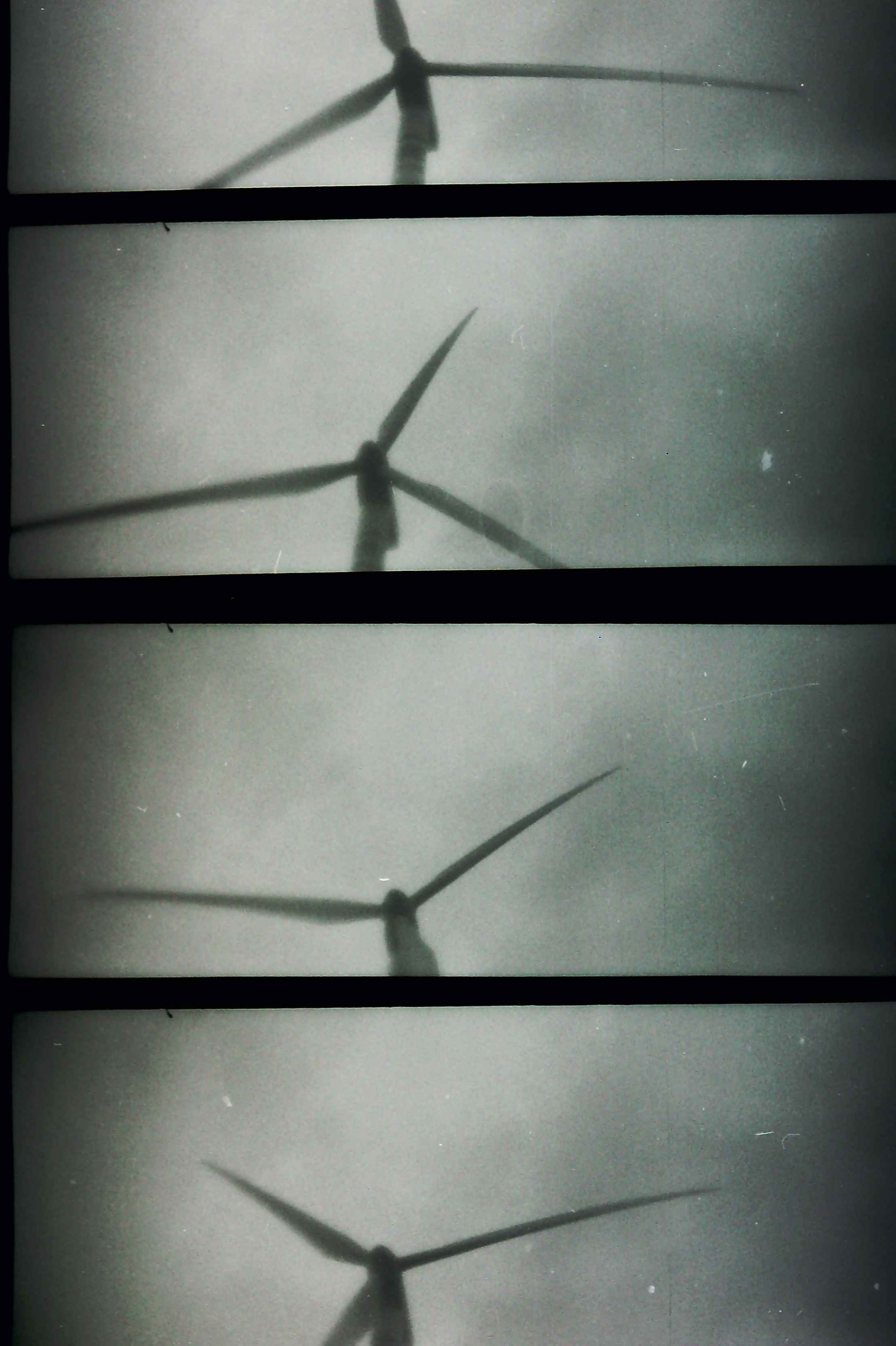
Laureana Toledo
(Ixtepec, Oaxaca, 1970; she lives and works between Mexico City and London)
An autodidactic visual artist whose work explores the relationships between different media and languages, as well as the assimilation of popular culture and our ways of reading it. She has exhibited her work in individual and collective exhibitions in spaces such as Eastside Projects in Birmingham, Whitechapel Gallery in London, the Museum of Modern Art in Mexico City, RedCat in Los Angeles, etc. She has developed curating projects in collaboration with Francis Alÿs, David Byrne, Lourdes Grobet and the band The Limit, among others. Her book The Limit, published by Trolley Books in London, appeared in summer 2009. She is the cofounder of the artists’ space SOMA and has been a guest editor on two occasions for the photography magazine Luna Córnea. In London, she had a residence as the guest international artist at Gasworks and creaated a piece in collaboration with the bassist John Taylor. Her piece in collaboration with the Mick Jones Collection was exhibited at Museo Jumex in 2019 and her documentary on the punk movement in Mexico City will be released in 2021.
Laureana Toledo, Not With a Bang, 2015
7’16”
Digitalized 35 mm film
Music: Bad Mood, by Mick Jones
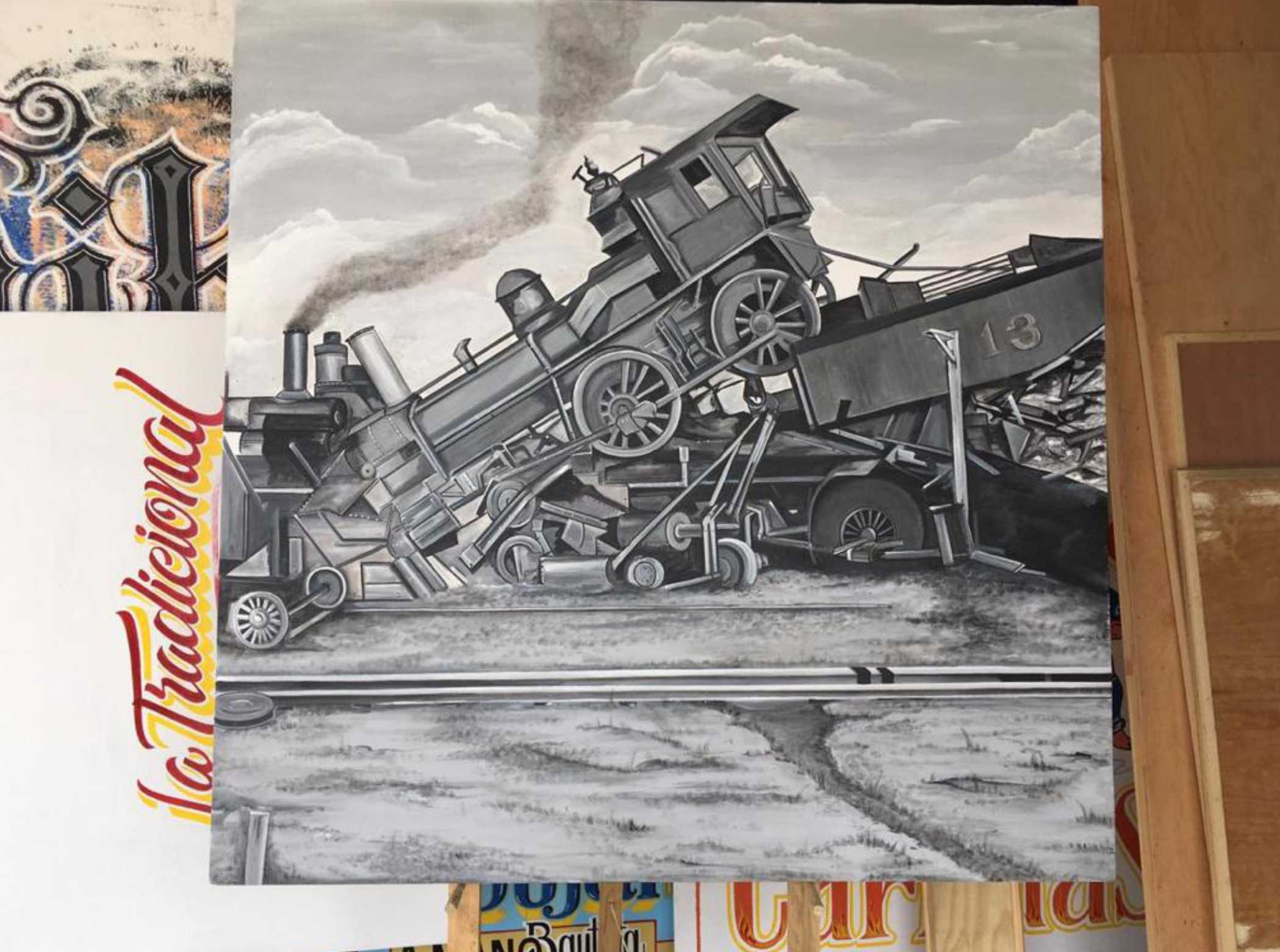
Curatorship: Cuauhtémoc Medina
Texts: Laureana Toledo, Cuauhtémoc Medina
Content direction: Ekaterina Álvarez, Cuauhtémoc Medina
Curatorial coordination: Ana Sampietro
Digital management: Ana Cristina Sol
Content editing: Vanessa López, Javier Villaseñor
English translation: Julianna Neuhouser
Press: Francisco Domínguez, Eduardo Lomas


